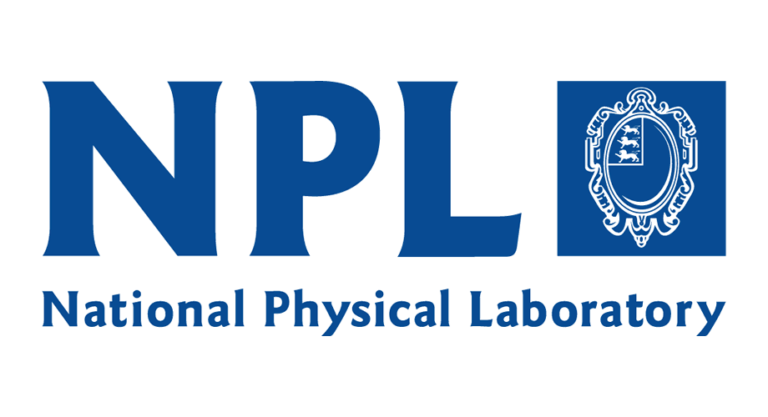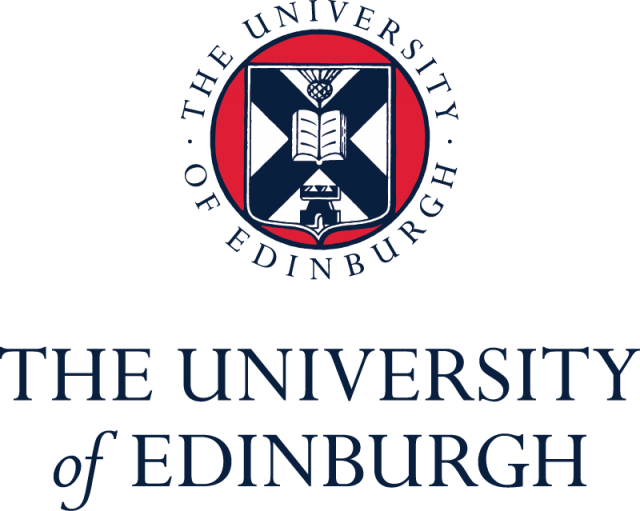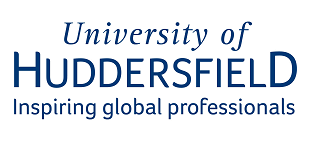Project Description
The Fraunhofer Centre for Applied Photonics (Fh-CAP) seeks for a post graduate student to fulfil an EngD research position in ultrafast solid-state laser technology. The Fh-CAP provides professional research and development services for industry and is part of the larger Fraunhofer network that is Europe’s largest application orientated not-for-profit research organisation. The studentship will explore novel approaches to the design and engineer a high-performance and low-SWaP mode-locked laser systems for their further use in quantum sensing and imaging as well as precise positioning, navigation and timing apparatus such as optical clocks. In particular, research objectives would involve novel laser architectures such as diode-pumped Ti:sapphire systems, advanced mode-locking techniques, power and pulse energy scaling via various amplification schemes, nonlinear spectral broadening and frequency comb generation. Furthermore, the studentship will look at novel laser system stabilisation techniques and rugged architectures involving thermal and mechanical modelling for overall system reliability and applications outside the laboratory environment. The student will have access to the state-of-the-art Fh-CAP optical laboratories and an in-house mechanical and electronic workshops which locate in the Technology and Innovation Centre (TIC) in central Glasgow. This studentship will provide a unique opportunity to work with end users and to develop industry contacts in a translational research environment with responsibility at an early stage in an expanding organisation.
The Fh-CAP provides professional research and development services for industry and is part of the larger Fraunhofer network that is Europe’s largest application orientated research organisation. The student will have access to the state-of-the-art Fraunhofer CAP optical laboratories and an in-house mechanical and electronic workshops offering a wide range of manufacturing capabilities and expertise. The range of advanced modelling software is available to complement the design and experimental development activities. Fh-CAP’s main remit is to be a key partner to UK companies in the development of state-of-the-art products and processes. We work across many sectors including wind energy, quantum technology, space, medical, security. This position will provide a unique opportunity to develop industry contacts in a translational research environment with responsibility at an early stage in an expanding organisation. This project will be a combination of the laboratory work and desk study. Both Fraunhofer CAP experimental facilities and offices are located in the Technology and Innovation Centre (TIC) in central Glasgow.
Academic supervision for this project will come from the Institute of Photonics at the University of Strathclyde (Prof. Alan Kemp). The Institute of Photonics undertakes use-inspired research in photonics and is co-located with Fraunhofer CAP in the University’s Technology and Innovation Centre.
FhUK is a very friendly and encouraging workplace. We are IOP Project Juno project supporters, disability confident and seek to enjoy a wide diverse population of staff and students. Whilst they may be times when working from home is appropriate, we hope that all our students will embrace being in person in our labs and offices to maximise their benefit from their doctorate.
https://www.strath.ac.uk/whystrathclyde/equalitydiversity/policies/
https://www.fraunhofer.de/en/jobs-and-career/equal-opportunities.html
CDT Essential Criteria
A Masters level degree (MEng, MPhys, MSc) at 2.1 or equivalent.
Desire to work collegiately, be involved in outreach, undertake taught and professional skills study.
Project Essential Criteria
Desire to undertake a complex experimental project which involves elements of numerical modelling, laser systems design and development, mechanical engineering and characterisation.
Desire to interact with external end-users for the developed technology prototyping and testing.
Are collegiate and professional, have strong oral and written communication skills with the demonstrable ability to work collaboratively and independently.
Project Desirable Criteria
Background in experimental optics and laser physics.
Numerical modelling or programming skills
The CDT
The CDT in Applied Photonics provides a supportive, collaborative environment which values inclusivity and is committed to creating and sustaining a positive and supportive environment for all our applicants, students, and staff. For further information, please see our ED&I statement: https://bit.ly/3gXrcwg.
Forming a supportive cohort is an important part of the programme and our students take part in various professional skills workshops, including Responsible Research and Innovation, and attend outreach training.









